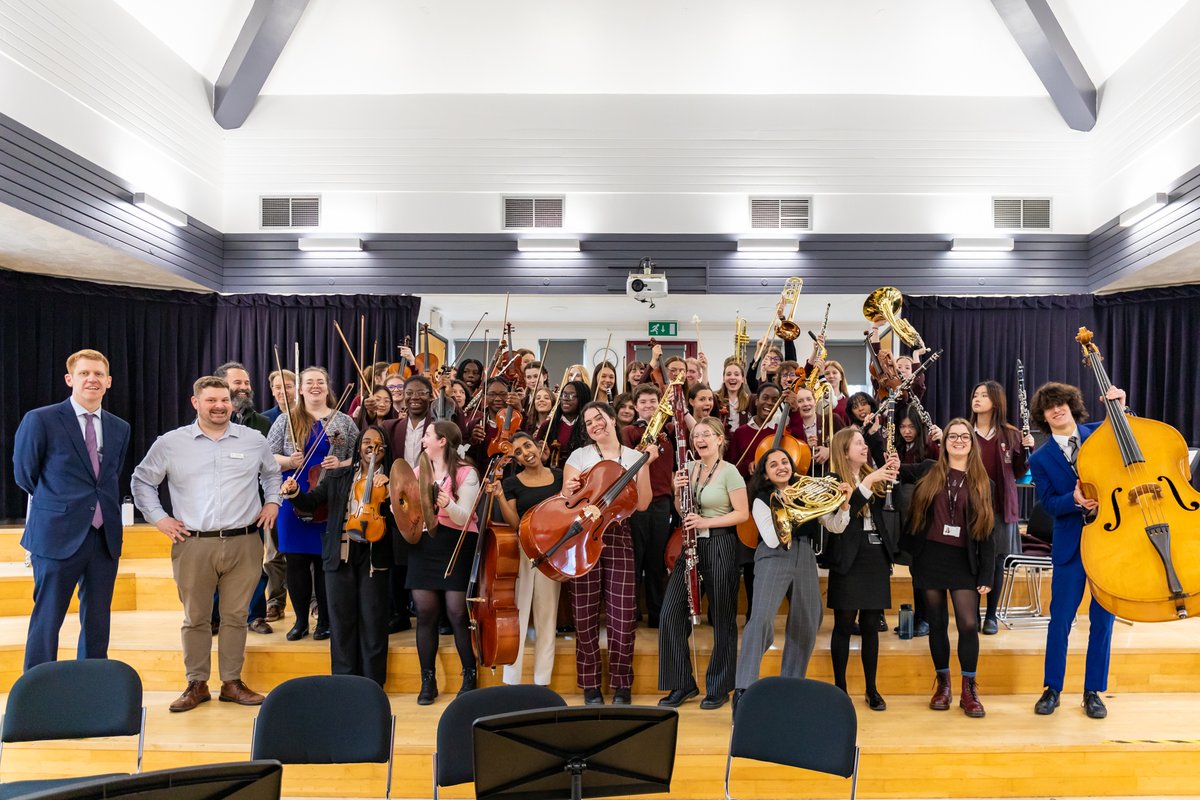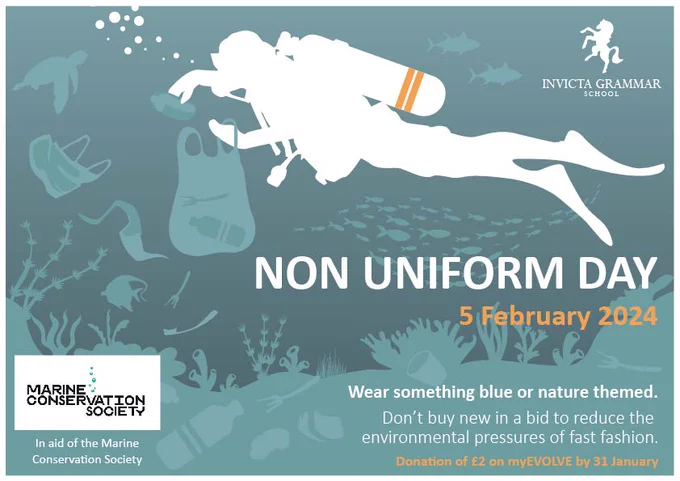Latest News
Women in Leadership Profiles
Name: Dr Marian Duggan
Role: Senior Lecturer in Criminology
Company: University of Kent
A bit about you: I teach and research around issues relating to gender-based violence, sexual violence, domestic abuse, hate crime (particularly gender-based and homophobic), violence prevention policies and victims’ access to justice. I am also a Trustee for a Kent domestic violence and abuse charity.
What is it like working in your company? The University of Kent is a great place to work. My colleagues are all very friendly and we get on well as a team. Criminology sits in a wider department comprised of sociology, law, cultural studies, social work, and social policy staff so there is a genuinely interdisciplinary environment. I also work with a lot of fabulous, inspiring, and accomplished women.
Why did you decide to go into your chosen field? When I first went to Uni (in London), I did a year of French with European Politics as I wanted to work in the European Parliament as a translator. We’d gone there on a field trip as part of my Government and Politics A-Level course. I hadn’t noticed at the time, but thinking back on it now, almost all the translators were women, and the politicians were men. I was doing both French and Politics for my A-levels, but, subliminally, I picked up on the fact that if I was to work in the European Parliament, it’d probably be as a language assistant rather than a political delegate. As it happened, I didn’t really enjoy the first year of that degree as I didn’t feel as though I learned much that was new, so I took some time out and thought about it before re-applying to do Criminology in Lancashire (very far up north!). I also wanted to try somewhere different to London, where I’d grown up, and that was the furthest away I could get with a direct trainline to my station. I fell in love with Criminology through some incredibly passionate and invested tutors and was able to take up opportunities that led to where I am today.
What qualifications and work experience did you need to reach your current position? To be a university lecturer, you need an undergraduate degree, a master’s degree, and a PhD. When I started Uni, I didn’t intend to still be here 21 years later, but that’s how it worked out along the way. During the PhD, you will usually get the opportunity to do some undergraduate teaching, which is a type of work experience you will need. This is usually where you figure out if teaching is for your or not. However, degrees and teaching experience are the ‘on paper’ qualifications; what you really need is a passion for wanting to learn, teach, discover, communicate, and grow. These are the qualities that will sustain you in a career that is all about lifelong learning, especially in an ever-evolving social sciences discipline like Criminology.
What do you enjoy the most about your job? I still really enjoy teaching, even after two decades of doing it! I taught my first seminar class a couple of months after graduating from my undergraduate degree in 2003 and delivered my first lecture a few years after that. I love the interactive nature of education, where I get to learn as much from my students as I hope they learn from me. I also teach an international course at master’s level which regularly attracts students from different continents, so I am constantly being introduced to different cultures, customs, and experiences which I try to weave into my teaching to broaden my scope and relevance year on year.
What obstacles have you overcome in your career? Sometimes, it can be difficult not to compare yourself to what others are doing or how well they seem to be doing. Academia is a strange environment: technically, you’re all working on independent projects as everyone has their own research specialisms and interests, so you can’t truly compare your progress to someone else’s. Plus, different issues have different levels of relevance at different times. A couple of years ago, very few people were interested in my work on gender / misogyny hate crime as it wasn’t considered to be a ‘thing’. Now, in 2021, my work has rapidly been deemed more politically ‘relevant’, so I’ve been invited to advise on changes to hate crime laws in England and Wales. In sum: it’s important to know why you’re doing what you’re doing, and that you understand it’s importance and relevance so that you don’t place too much weight on what others think or dismiss your worth or your work. While it can sometimes be hard to do so, you need to be able to trust in yourself and what you’re doing.
Why do you think it is important to have a strong female representation in your industry? Women and men experience crime and justice very, very differently and research has demonstrated that, for a long time, male criminologists neglected, overlooked, or dismissed women’s experiences of crime, harm, offending, violence and access to justice. Instead, they either assumed that men and women were the same, or that women’s experiences were less relevant. This had huge ramifications for how women came to be referred to, discussed, portrayed etc. in society and subsequently in criminal justice processes. For example, it’s no accident that rape is one of the only crimes where the (female) victim is more likely to be blamed or held responsible than the (male) perpetrator. There’s a very specific, strategic legal history behind that. Therefore, we need more women – particularly women of all backgrounds – to increase diversity in knowledge and understanding of women’s experiences in relation to criminal justice.
What advice would you give those wanting to take a similar career path? Getting the necessary academic qualifications is an important starting point, but so is working out why you might want to do this job. Most lecturers are also engaged in research, so you will need to find out what are you most want to make a difference in. This is something to bear in mind while at Uni, as you’ll be introduced to a wide range of criminal justice areas (i.e., prisons, policing, probation, victims, offenders, professionals, legal systems, policy makers, politicians, civil service, data collection, charities, community organisations etc.) so is a good time to figure out how you want to shape your career.




























